On June 15, the Association for the Promotion and Exchange of Languages among Southeast Asian Countries in Japan held the 8th Vietnamese Language Proficiency Test at the campus of the Japan College of Foreign Languages in Tokyo.
The Vietnamese proficiency test is divided into six levels, the lowest level being level 6 - the introductory level of Vietnamese, followed by levels gradually increasing from level 6 to level 1. Level 6 is the level with the highest number of candidates registering for the test with a total of 229 candidates, followed by level 5 with 214 candidates registering to participate.
In particular, for the first time, the Vietnamese proficiency test has a level 1 level with 41 candidates registering.
A total of 917 candidates of various ages from many regions across Japan participated. The average age of the candidates was around 38 years old, with the oldest candidate being 84 years old and the youngest being an 8-year-old high school student, both of whom registered for the level 6 exam.
The pass rate in the Vietnamese proficiency test has been gradually increasing. In the first test, the average pass rate for all levels was only 16.7% and by 2024 this rate will reach about 52.63%.
This year's exam received a strong response from candidates from many regions across Japan, with a total of 40 out of 46 regions across Japan having candidates participating.
Candidates come from Tokyo's neighboring regions such as Chiba, Saitama, Kanagawa, Nagano... to Japan's northernmost and southernmost regions such as Hokkaido and Okinawa.
Many candidates from far away provinces took the Shinkansen train to Tokyo on the morning of June 15 to take the exam. Some candidates working in Vietnam even returned to Japan on this occasion to take the exam.
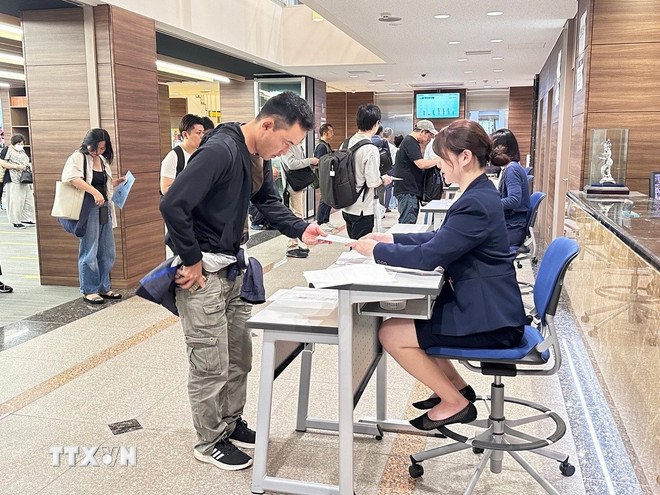
Like every year, many candidates study or work in jobs related to Vietnamese such as Vietnamese language students at universities or Vietnamese interpreters.
In addition, many candidates said they learned Vietnamese because they had Vietnamese relatives and friends or had been to Vietnam and fell in love with the country, its people, and especially its delicious food.
Most candidates believe that listening comprehension is the most difficult part of the Vietnamese test. However, for primary school candidates, grammar and reading comprehension are the most difficult parts. It can be said that when reaching a high level of Vietnamese, candidates all say that they do not encounter many obstacles in listening comprehension.
The President of the Association for the Promotion and Exchange of Languages of Southeast Asian Countries in Japan, Mr. Fujino Masayoshi, expressed his joy at the fact that for the first time, the Vietnamese proficiency test has a level 1 test.
He said that in the past, there were calls to organize a level 1 exam, but at that time the association could not do it because to organize a level of exam, a certain number of candidates were needed.
The number of successful candidates has increased significantly over the years, so this year the 8th exam had enough candidates to hold the level 1 exam.
Mr. Hideki Onozawa, an employee of Itoshima City Hall, a candidate for the Vietnamese language proficiency test at level 3, said that in the town where he lives, there are many Vietnamese people studying Japanese, technical interns, so he wants to use Vietnamese to support these Vietnamese people when they come to work at the city hall.
He expressed his love for Vietnamese people because to him they are friendly people who always welcome him with a smile.
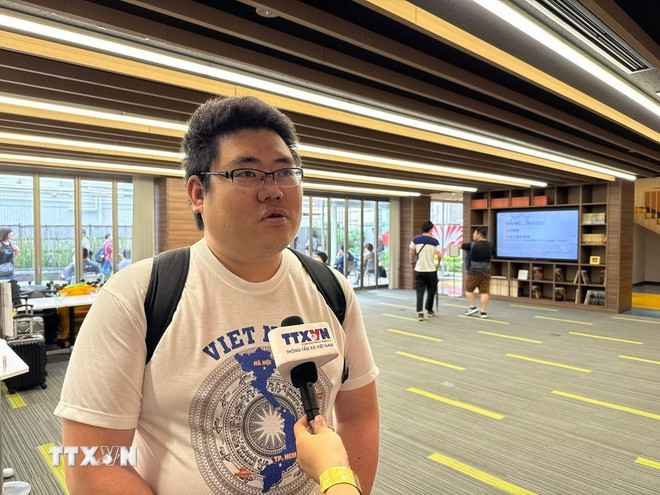
Mr. Koike Yusuke, working in Ho Chi Minh City, a candidate for the high school level exam, said he has lived in Vietnam for 15 years and has a Vietnamese wife. To him, Ho Chi Minh City is an easy place to live because the weather is warm and there is no winter.
Mr. Takenaka, from Shizuoka, a candidate for the level 1 exam, has lived in Vietnam for 24 years. He said he really likes Vietnamese culture so he tries to learn Vietnamese to communicate more with Vietnamese people.
Mr. Fukushima, from Aichi, a candidate for the level 1 exam, shared that he has been studying Vietnamese for five years and has been self-taught. He said he has been taking advantage of the Internet to learn Vietnamese, especially using ChatGPT.
He excitedly said that he really likes Vietnamese dishes, such as vermicelli with fermented shrimp paste, fermented shrimp paste, spring rolls... as well as being impressed by herbs like coriander and mint.
The Vietnamese Proficiency Test of the Association for the Promotion and Exchange of Languages among Southeast Asian Countries in Japan is held annually with the aim of standardizing and promoting Vietnamese in Japan.
Except for 2020 when it could not be held due to the impact of the COVID-19 pandemic, the Association always organizes the exam every year to create a suitable playground for Japanese people learning Vietnamese to test their abilities./.
Source: https://www.vietnamplus.vn/lan-dau-tien-to-chuc-thi-nang-luc-tieng-viet-cap-do-cao-nhat-tai-nhat-ban-post1044406.vnp










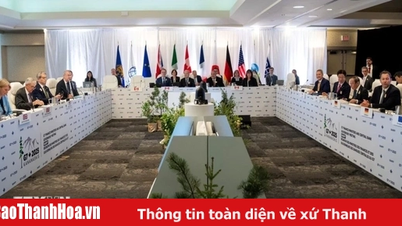







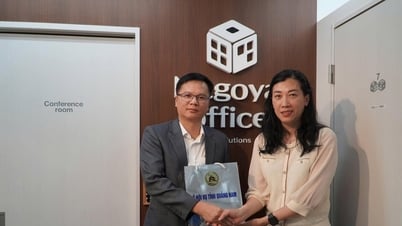








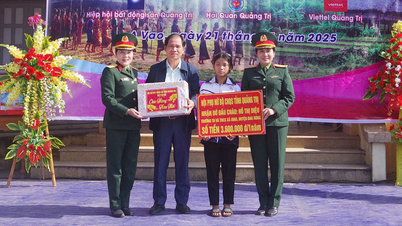






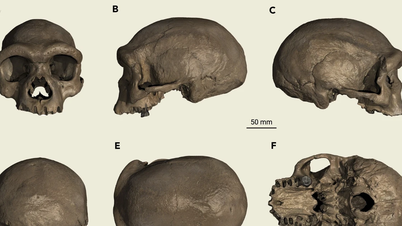
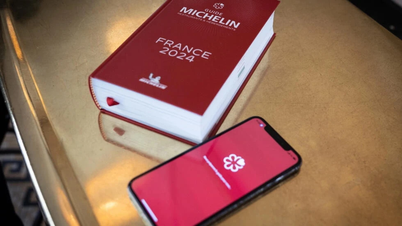


















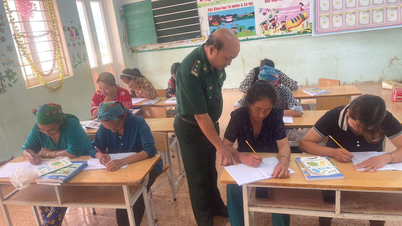




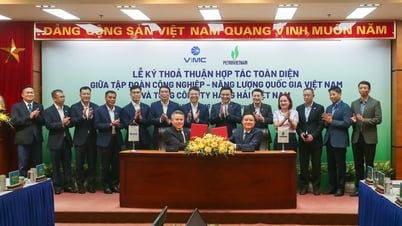
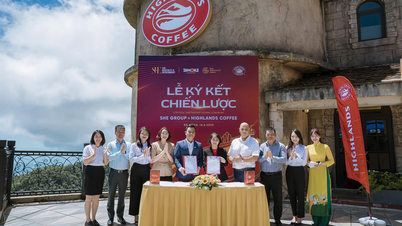










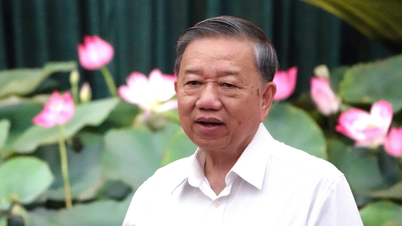












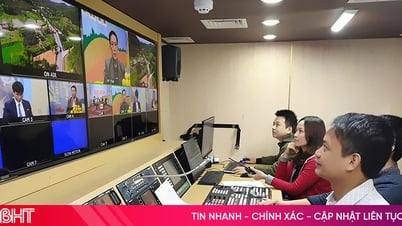

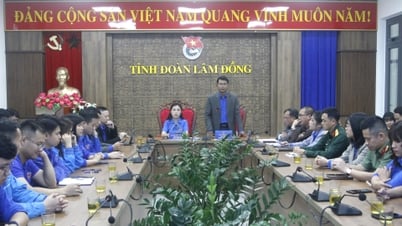



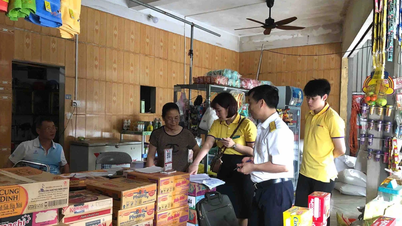













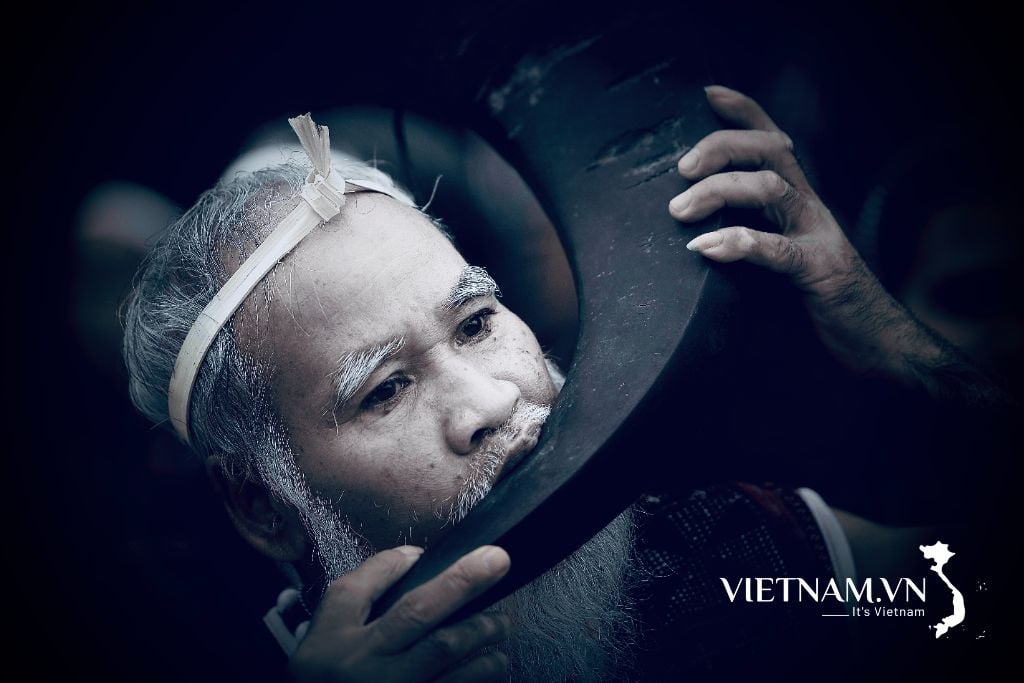
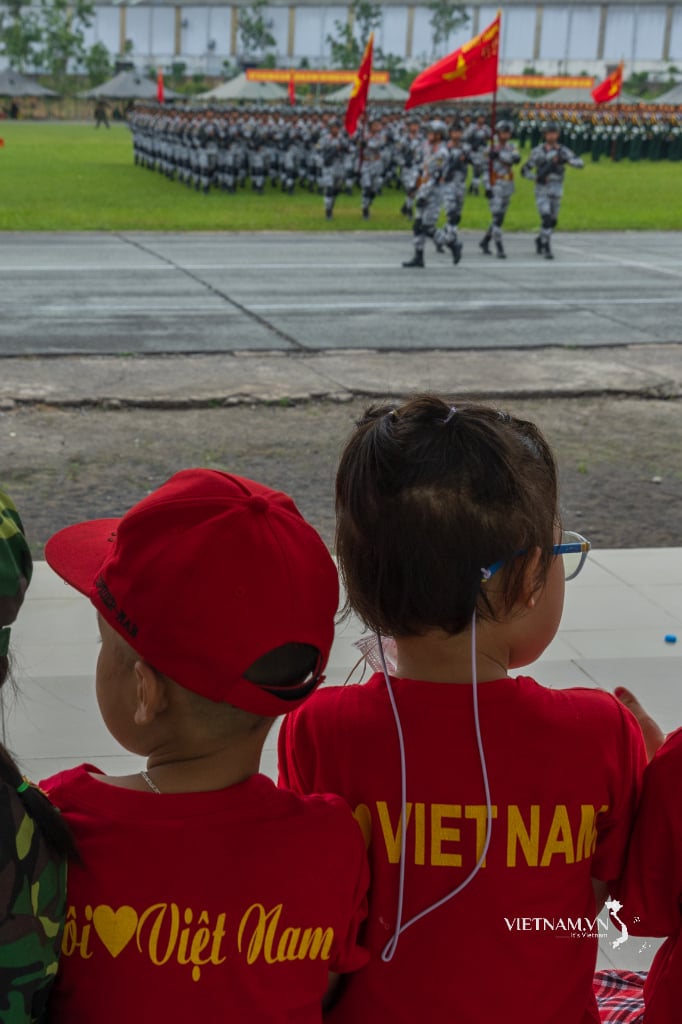

Comment (0)